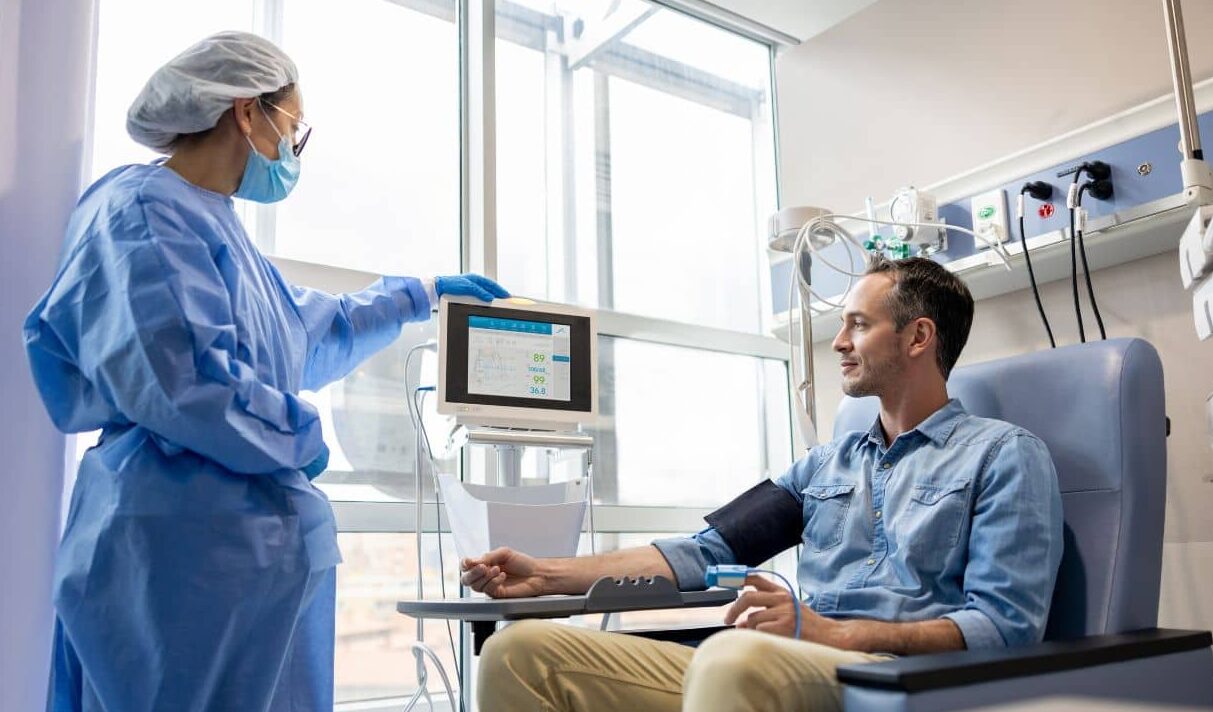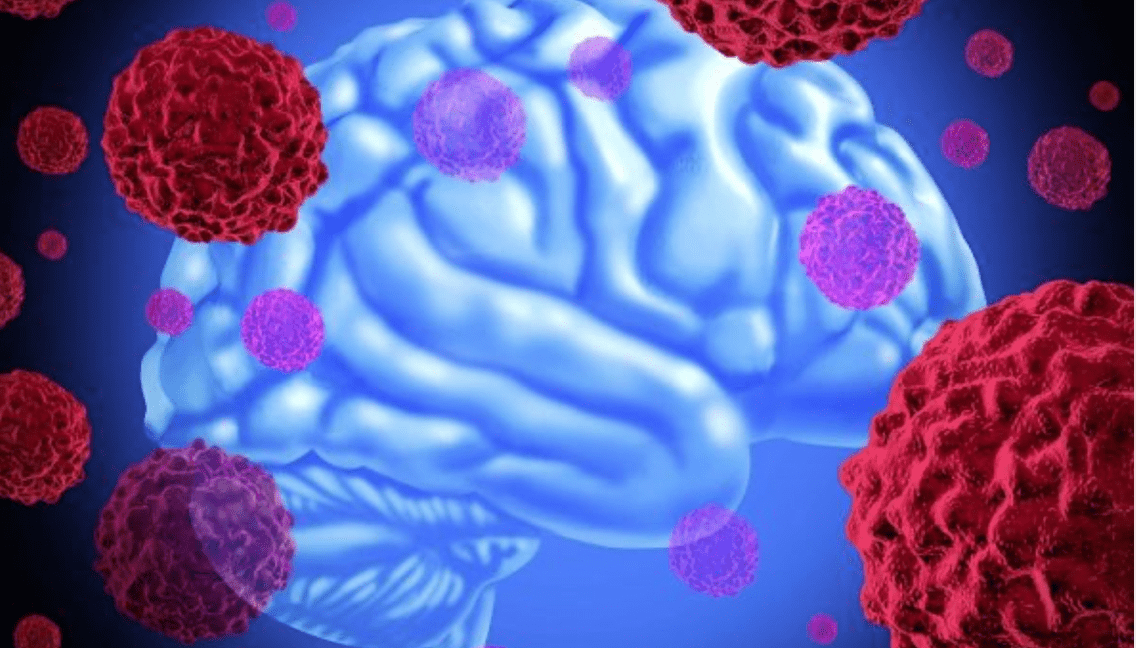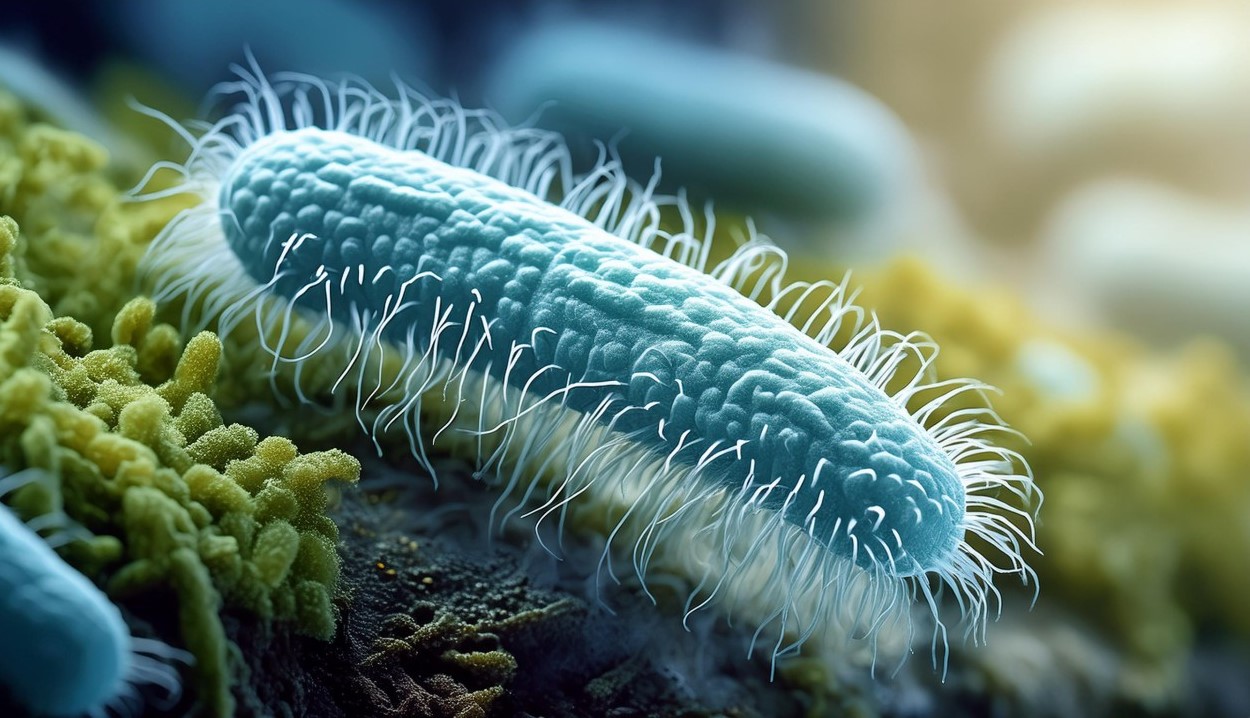-
 News
When glucose levels are low, chemotherapy ceases to affect cancer cells
News
When glucose levels are low, chemotherapy ceases to affect cancer cells
-
 News
Excessive treatment of prostate cancer in older men may reduce quality of life without increasing its duration
News
Excessive treatment of prostate cancer in older men may reduce quality of life without increasing its duration
-
 News
Brain cancer can be cured by viruses
News
Brain cancer can be cured by viruses
-
 News
Ways to reduce lymphatic pain in breast cancer have been found
News
Ways to reduce lymphatic pain in breast cancer have been found
-
 News
Scientists have turned bacteria into a powerful weapon against cancer
News
Scientists have turned bacteria into a powerful weapon against cancer
All news
Limphoma treatment in Turkey
Lymphoma is a disease of the lymphatic tissue, which is characterized by the appearance of malignant tumor cells of the lymphoid tissue in the lymph nodes and internal organs. This affects the cervical, axillary, inguinal and supraclavicular lymph nodes, as well as the lymph nodes of the mediastinum and abdominal cavity. Also, the spleen, liver, lungs, bone marrow, kidneys and nervous system are often affected.
Lymphomas, like other malignancies: they are prone to metastasis, as well as to dissemination — spread throughout the body.
There are lymphomas
- Hodgkin’s-also lymphogranulomatosis, Hodgkin’s disease, malignant granuloma-are lymphomas, the study of which reveals Reed-Berezovsky-Sternberg cells.
- Non-Hodgkin’s-not containing Reed-Berezovsky-Sternberg cells.
- There is also a specific term indolent lymphoma that is, lymphomas that do not require treatment. They develop very slowly, and medical supervision is enough for them.
MedTour patients recommend clinics for the treatment of lymphomatous in Turkey:
Frequently Asked Questions
- Infection with the HTLV virus (Human T-Lymphotropic
- Virus or Human T-lymphotropic virus);
- Infection with the Eppstein-Barr virus;
- AIDS;
- Tuberculosis;
- Taking immunosuppressants;
- Ataxia-telangiectasia syndrome;
- Klinefelter syndrome;
- Chediak-Higashi Syndrome;
- Wiskott-Aldrich syndrome;
- Rheumatoid arthritis;
- Celiac disease;
- Sjogren’s syndrome.
- Drastic weight loss;
- Weakness, fatigue;
- Nausea and vomiting;
- Severe sweating especially at night;
- Temperature rise;
- Enlarged lymph nodes;
- An increase in the abdominal cavity in size.
- The success rate of bone marrow transplants in Turkey in adults is 97%, and in children 91%, which is several times higher than in domestic clinics.
- There are a huge number of lymphomas (B-cell, T-cell, leukemia, fungal mycosis, and others). Treatment and prognosis differ for different types of lymphomas. The probability of an error in the histological verification of a malignant neoplasm in the CIS is 30%, for foreign clinics this probability is in the range of 1-2%.
- The severity of the patient’s condition and the necessary treatment for lymphoma is determined by a large number of factors. Experienced doctors abroad have extensive experience and the ability to conduct a full examination, so they can prescribe the right treatment.
Professor Nejet Uskent
Specializes in the treatment of lymphoma and multiple myeloma.
He studied and worked in
- Florence Nightingale Hospital, Turkey;
- Bradley Cancer Center, Department of Oncology, Dallas, USA;
- University of London Westminster and the Royal Red Cross School;
- Cantostinopolle Basel, Switzerland;
- Royal Free Hospital Royal Free, London.
Author of 122 articles in national and 30 international journals and 8 book chapters.
At the moment, he works at the Anadolu Medical Center.
Professor Zafer Gulbash
Specializes in all types of hematological oncology, stem cell transplantation and flow cytometry
Has experience working in
- Hadassah Medical Center, Israel;
- Fred Hutchinson Cancer Research Center, USA;
- MD Anderson Cancer Research Center, USA;
- Princess Margaret Hospital of the University of Toronto, Toronto, Canada.
At the moment, he works at the Anadolu Medical Center.
One chemotherapy course costs from $ 800 to $ 5000.
A bone marrow transplant costs $ 70 – 80,000.
What are the current standards for the diagnosis and treatment of lymphoma in Turkey
Diagnostics
The main method of investigation is a biopsy. For superficially located lymph nodes, Turkish doctors perform a puncture biopsy. For the lymph nodes of the abdominal cavity and retroperitoneal space, they perform a laparoscopic biopsy.
In addition to the usual examination of the taken tissue under a microscope for a full-fledged diagnosis of lymphoma, immunoassay, molecular genetic and cytogenetic studies are also carried out in Turkey. These studies help to understand what mutations are present in this tumor and to prescribe the right treatment.
In order to understand the prevalence of the process in the body, Turkish doctors use:
- CT with intravenous contrast;
- MRi with intravenous contrast;
- PET-CT SCAN;
- Osteoscintigraphy;
- Radiography.
If necessary, doctors conduct studies that evaluate the functional abilities of the organs affected by the tumor:
- Biochemical tests and ultrasound of the liver;
- Colonoscopy,
- Spirography (assessment of the functional capacity of the lungs).
Treatment
Treatment depends on the type of lymphoma and the clinical situation.
Most often, Turkish doctors start treatment with several courses of high-dose chemotherapy combined with immunotherapy. With the progression of the disease, several more similar courses are carried out with the replacement of drugs, and then bone marrow transplantation is performed.
Bone marrow transplantation is a long and complex treatment in which the patient’s own hematopoietic cells are destroyed by aggressive chemotherapy, while the patient receives specially prepared bone marrow cells from a suitable donor. This method gives you a chance for a complete cure.
In some types of lymphomas, the best result is a combination of chemotherapy and radiation therapy.
With lymphomas of low prevalence, when the disease is limited to one or more groups of superficial lymph nodes, Turkish doctors often stop only on radiation therapy.
In common stages, Turkish doctors remove the spleen and affected lymph nodes in combination with medical treatment.
Indolent, that is, slow-growing lymphomas, while they are in this state, do not require special treatment.
Published:
Updated:


Information on this webpage verified by the medical expert





